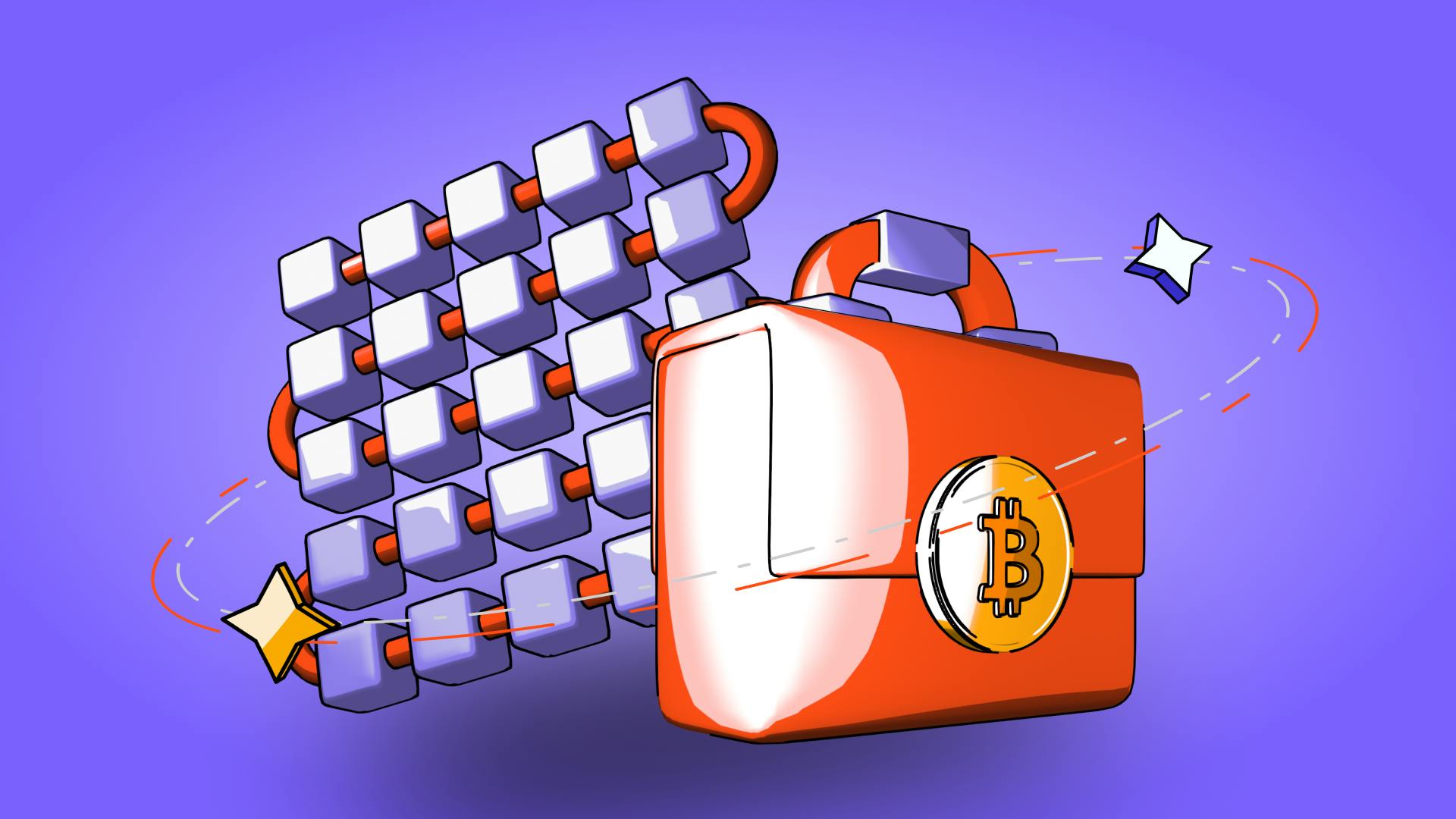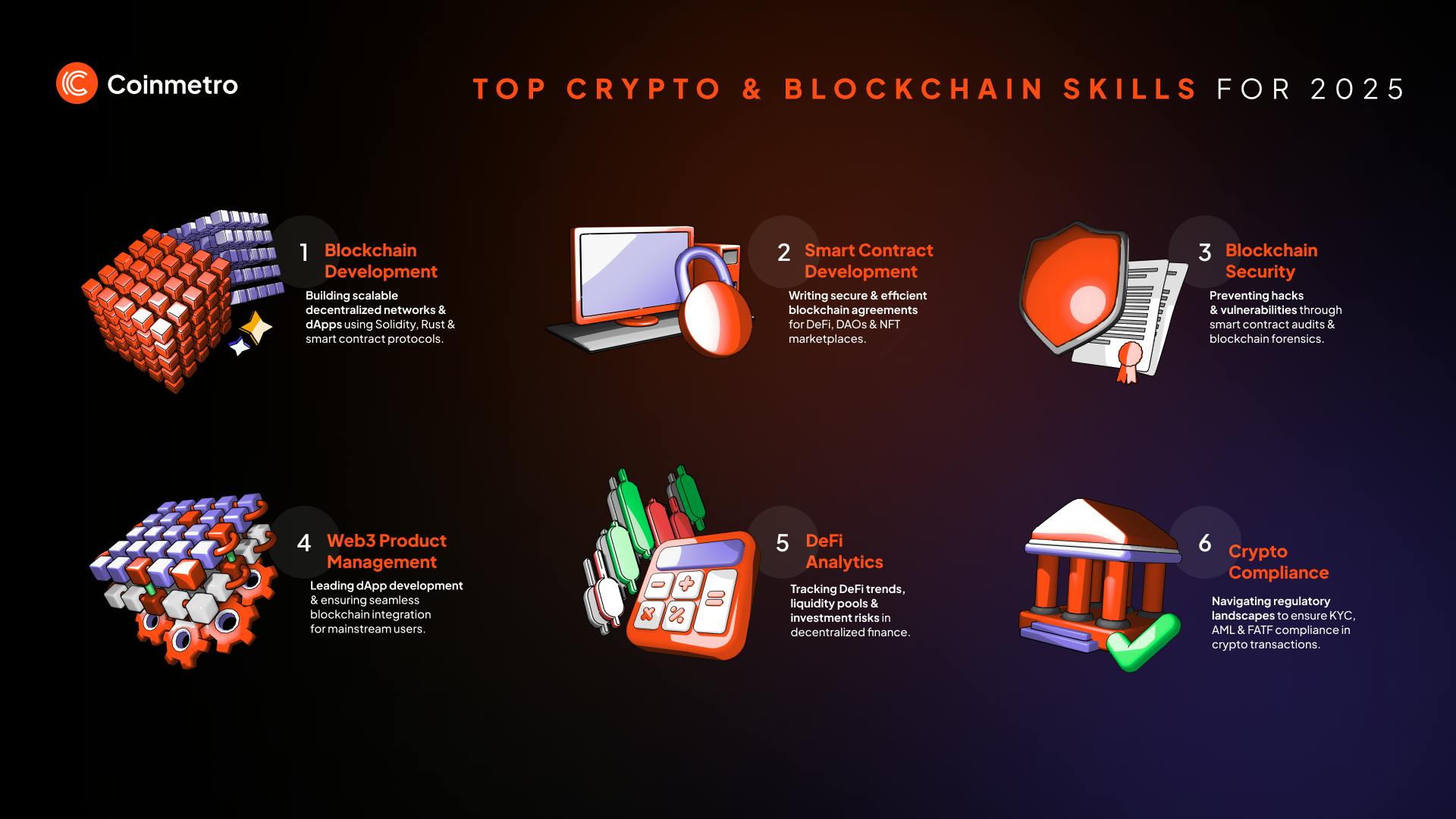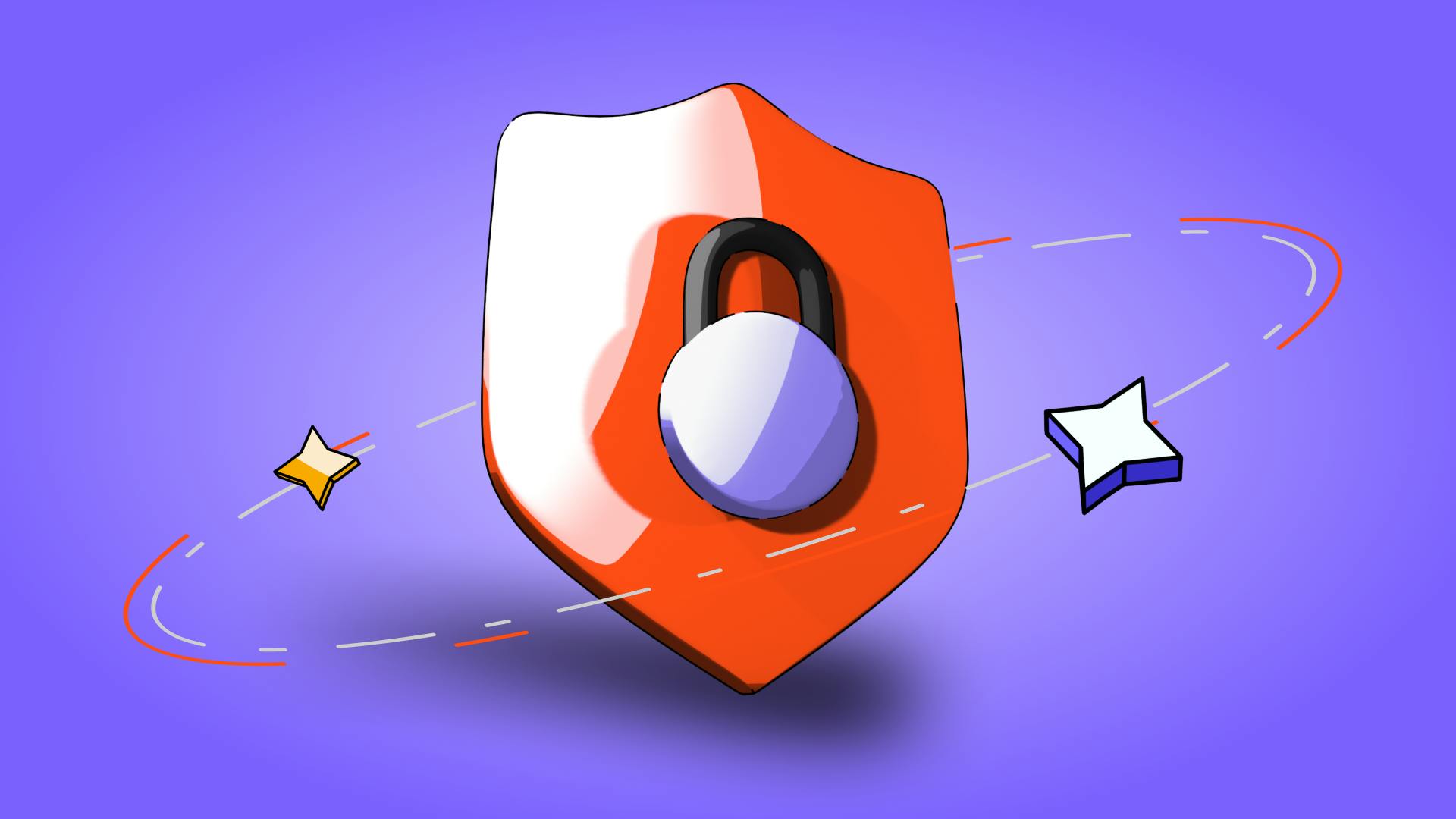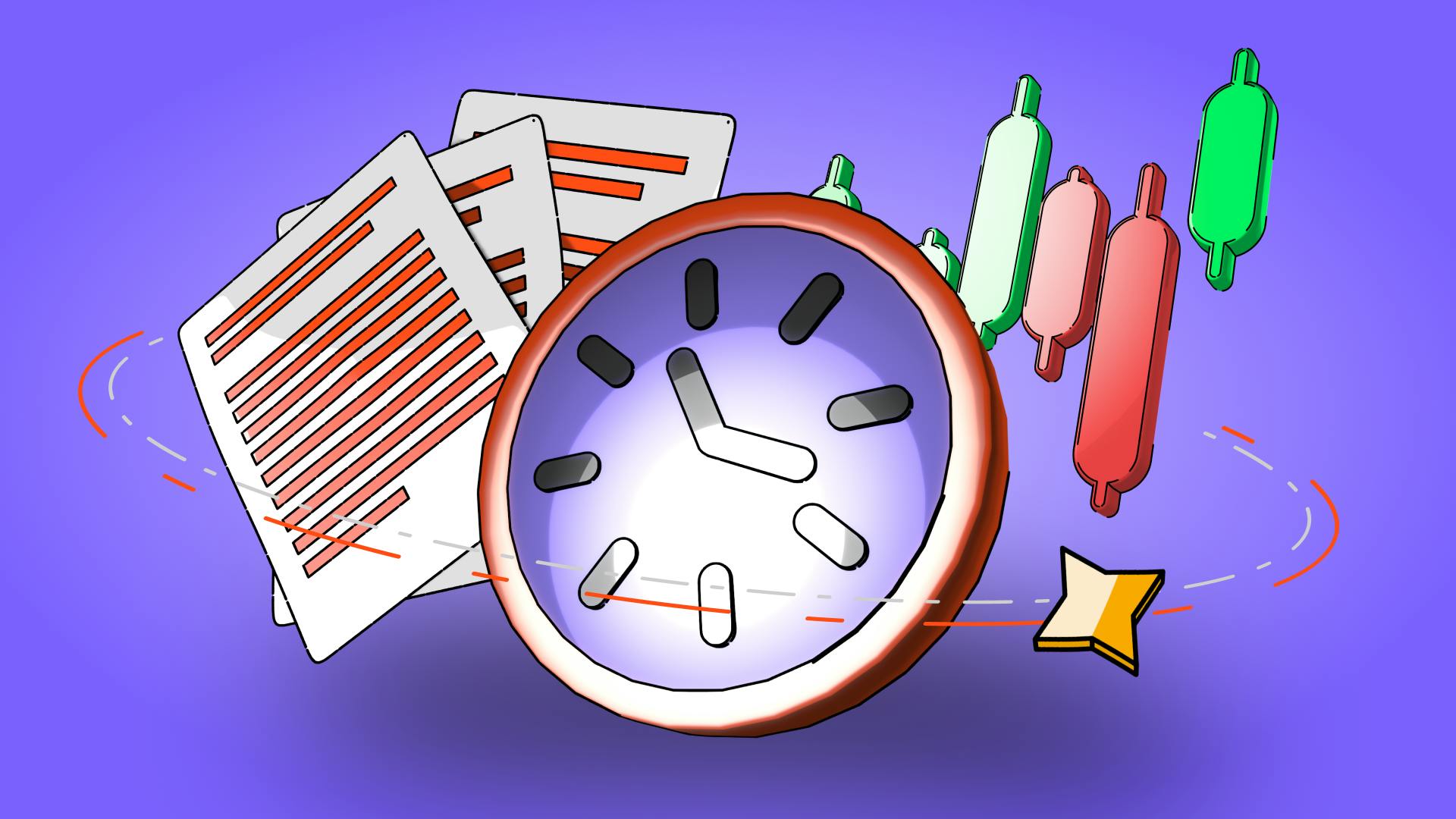10 Hot Crypto Jobs That Didn't Exist 5 Years Ago
December 5, 2025

by Coinmetro Editorial Team
December 5, 2025
The demand for blockchain and cryptocurrency professionals is surging in 2025. As Web3, DeFi, and NFTs expand, companies seek skilled experts to build and manage secure and decentralized systems. Developers, analysts, and compliance officers are becoming essential players in this evolving industry.
This blog explores the top careers in blockchain, from smart contract auditors to metaverse architects. You’ll discover key responsibilities, required skills, and why these roles are in high demand. Whether you’re entering the space or leveling up your expertise, the opportunities in crypto and blockchain are bigger than ever.
Learn More - Blockchain Scalability: Solutions, Challenges and Future
Blockchain developers fuel the surge in decentralized apps as demand keeps climbing. Companies want secure, scalable systems to run digital assets and DeFi platforms. Blockchain coders build the backbone that powers smart contracts and blockchain networks.
Key Responsibilities: Writing smart contracts and crafting Layer 1 and Layer 2 solutions. Developers maintain decentralized networks, ensuring fast, secure transactions every time. Their work drives the trust in blockchain systems.
Essential Skills: Mastery of Solidity, Rust, and other coding languages is critical. Programmers need deep knowledge of Ethereum, Bitcoin, Polkadot, and Solana protocols. That know-how shapes blockchain’s real impact.
Why It’s Hot: DeFi, NFTs, and Web3 growth push developer demand sky-high. Firms count on them to create systems managing millions of transactions safely. Their skills are critical in upholding decentralized integrity and growth.
Smart contract auditors play a crucial role in securing DeFi platforms and dApps by ensuring the integrity and security of the code. These experts review smart contracts to find vulnerabilities and prevent potential exploits.
Key Tasks: Auditors examine the code for any flaws that could be exploited, ensuring that contracts function exactly as intended. They also verify that there are no security loopholes that hackers could exploit. Their goal is to maintain the integrity of the code, protecting user funds and the platform’s reputation.
Tools Used: Smart contract auditors rely on advanced tools such as MythX, Slither, and CertiK to automate parts of the code review process and more efficiently detect potential vulnerabilities.
Why It’s Hot: High-profile DeFi hacks and security breaches have increased demand for auditors. As DeFi platforms grow in complexity and value, companies require these experts to ensure the security of smart contracts, making this role vital in today’s crypto ecosystem.
DeFi analysts track trends in decentralized finance, spotting new protocols and yield strategies. They dig into data to guide users toward smarter DeFi investments. Their insights can potentially unlock better returns in a fast-moving space.
Responsibilities: Analysts watch liquidity pools, interest rates, and staking rewards closely. They assess protocol performance and flag risks in DeFi projects. That work steers users to the best opportunities for their funds.
Skills Required: Analysts master decentralized platforms, analytics tools, and crypto trading tactics. They stay sharp on DeFi data and fresh developments in the field. Deep blockchain knowledge keeps them ahead of the curve.
Why It’s Hot: DeFi’s explosive growth and rising adoption make analysts essential now. More people chase decentralized solutions, demanding expert takes on complex protocols. Their role fuels smarter moves in a booming sector.

The rise of NFTs (Non-Fungible Tokens) has paved the way for a new role—NFT strategists. These experts guide brands, creators, and artists through launching and managing digital assets in the NFT space.
Core Tasks: NFT strategists advise launching NFTs, setting pricing strategies, and selecting the most suitable marketplaces. They help creators design NFT collections that appeal to specific audiences, ensuring successful market entry and maximizing sales potential.
Why It’s Hot: With the rapid growth of NFT marketplaces, brands see an opportunity to reach new audiences and generate revenue. From celebrity NFT drops to unique art collections and in-game assets, NFTs have opened up a lucrative space for brands and creators alike.
Examples: High-profile examples include celebrity NFT launches like music album releases, exclusive digital art collections, and gaming assets that allow players to own rare in-game items.
The role of a metaverse architect is to design immersive virtual spaces and experiences within digital worlds. These experts combine creativity and technology to build 3D environments that engage users and support tokenized economies through blockchain integration.
Key Responsibilities: A metaverse architect creates virtual environments using 3D design tools and VR/AR technologies. They connect blockchain systems, supporting asset ownership and secure transactions. Each space focuses on user engagement.
Tools and Skills: They use Unity and Unreal Engine to build 3D worlds. Blockchain skills help them add tokenized assets to virtual zones. Knowledge of virtual reality (VR) and augmented reality (AR) technologies is essential for crafting engaging user experiences.
Why It’s Hot: The rapid expansion of virtual worlds like Decentraland and The Sandbox has made the metaverse architect role highly sought after. As more users explore and invest in these digital spaces, the demand for innovative and functional virtual environments grows.
Get Knowledgable: The Evolution of Smart Contracts in Blockchain
Crypto compliance officers ensure that digital currency firms follow all laws. They build safe systems for users and investors through proper rules and checks. Compliance experts stand between the company and legal issues.
Key Responsibilities: Officers check that all company actions meet legal standards. They set up KYC and AML systems to catch and stop fraud attempts. They follow FATF rules to fight money laundering issues across borders.
Tools and Skills: Crypto compliance officers need a strong knowledge of global crypto regulations and compliance protocols to develop and execute strategies that protect the organization.
Why It's Hot: The demand for crypto compliance officers is increasing due to growing regulatory scrutiny from governments and the institutional adoption of cryptocurrency. As more businesses enter the crypto space, the need for robust compliance practices continues to rise.
DAO community managers drive engagement within decentralized autonomous organizations. They build strong member connections and support effective group decisions. These professionals serve as the link between DAOs and their members.
Key Tasks: Community managers create events that bring the community together. They monitor voting systems to ensure all voices are heard. They also guide governance processes so members understand their rights and duties.
Skills Required: Managers need solid knowledge of DAO systems and governance models. They must excel at communication to connect with diverse members. They should know how to use tools like Snapshot for proposals and voting.
Why It's Hot: DAOs offer a new approach to company structure through shared governance. More groups now adopt this model across various sectors. This trend creates demand for skilled managers who can lead digital communities.
Understanding Solana: A Beginner's Guide to the High-Performance Blockchain
Yield farming is a process where individuals provide liquidity to decentralized finance (DeFi) protocols in exchange for token rewards. This practice has grown in popularity and has become a legitimate job in the cryptocurrency space.
Responsibilities: A yield farmer supplies liquidity to various DeFi platforms, allowing users to borrow, lend, or trade assets. In return for their contributions, they earn tokens as rewards, which can yield significant returns over time.
Skills Needed: Yield farmers need a strong understanding of liquidity pools and how they function. They should also be familiar with staking and farming strategies to maximize their returns effectively.
Why It’s Hot: Yield farming attracts individuals seeking passive income because it offers higher returns than traditional savings methods. As the DeFi sector expands, more people are looking to capitalize on these opportunities, making yield farming an appealing option for investors.
More people now need crypto tax experts to handle complex digital asset gains. As crypto investing grows, so does the need for proper tax guidance. These specialists help investors meet tax rules for various crypto activities.
Responsibilities: Crypto tax specialists create reports for all client crypto transactions. They guide clients through tax rules that apply to digital assets. Their work helps clients lower tax costs and avoid breaking tax laws.
Skills Needed: These experts must know crypto tax laws across different regions. They should be skilled with tax software and data analysis tools. They need to explain complex tax concepts clearly to their clients.
Why It's Hot: Tax rules for crypto have become stricter in recent years. Governments worldwide now track crypto profits more closely. Investors seek expert help to manage these new tax duties properly.
Web3 product managers oversee the development of decentralized applications (dApps) from ideation to launch. They play a crucial role in integrating decentralized services into mainstream use, smoothing the transition from traditional to blockchain-based products.
Core Tasks: Web3 product managers lead teams to develop dApps that meet user needs. They manage product roadmaps, ensuring timely delivery of features and updates. Collaboration with developers is essential, as they work closely to align technical capabilities with product vision.
Required Skills: Web3 product managers must understand blockchain technology and its implications for product development. Proficiency in UI/UX design principles is important to create user-friendly applications. Additionally, strong market research skills help them identify trends and user preferences.
Why It’s Hot: Web3 represents the future of the internet, shifting towards decentralized services. As more businesses adopt blockchain technology, the demand for skilled product managers to drive this change continues to grow.
Even during 2022’s bear market, the crypto and blockchain sectors have witnessed remarkable growth, significantly transforming various traditional industries. As companies increasingly adopt decentralized solutions, the demand for skilled professionals in these fields continues to rise. Embracing these emerging roles will be crucial for those aiming to thrive in a space where technology and finance intersect, driving personal and professional success.
In this evolving landscape, staying informed and adaptable will be key. Investing in knowledge and skills related to blockchain and Web3 can provide a competitive edge in a job market increasingly focused on digital innovation. Those who proactively engage with these technologies will not only future-proof their careers but also become integral players in the next wave of digital transformation.
▶️ Watch: TOP Crypto Jobs and How To Get A Job in 2024 (Beginner's Guide)
Join the Coinmetro community on Discord and Telegram, where forward-thinking traders and investors gather to share insights, explore new opportunities, and dive deep into cryptocurrencies. Should you need any help, please contact our world-class Customer Support Team via 24/7 live chat or email at hello@coinmetro.com.
To become a Coinmetro user today, Sign Up now or head to our new Exchange if you are already registered to experience our premium trading platform.
Tags
Related Articles

Regulatory Sandboxes: Fostering Crypto Innovation Within Legal Frameworks
The cryptocurrency industry’s fast rise fuels an important debate. Innovation aims to transform finance, enhancing speed and access. Yet, regulators…
5m

Crypto Options Trading: Strategies and Market Insights
Cryptocurrency markets have rapidly expanded beyond simple buying and selling. One of the most significant developments has been the rise of…
6m

The Rise of Social-Fi: Blending Social Media with Decentralized Finance
In recent years, social media and finance have started to merge, creating Social-Fi. This concept blends the engagement of social platforms with…
6m

DeFi Insurance Platforms to Watch in 2024
Decentralized Finance (DeFi) insurance addresses the growing need for insurance against hacks, smart contract failures, and other DeFi-related risks.…
7m